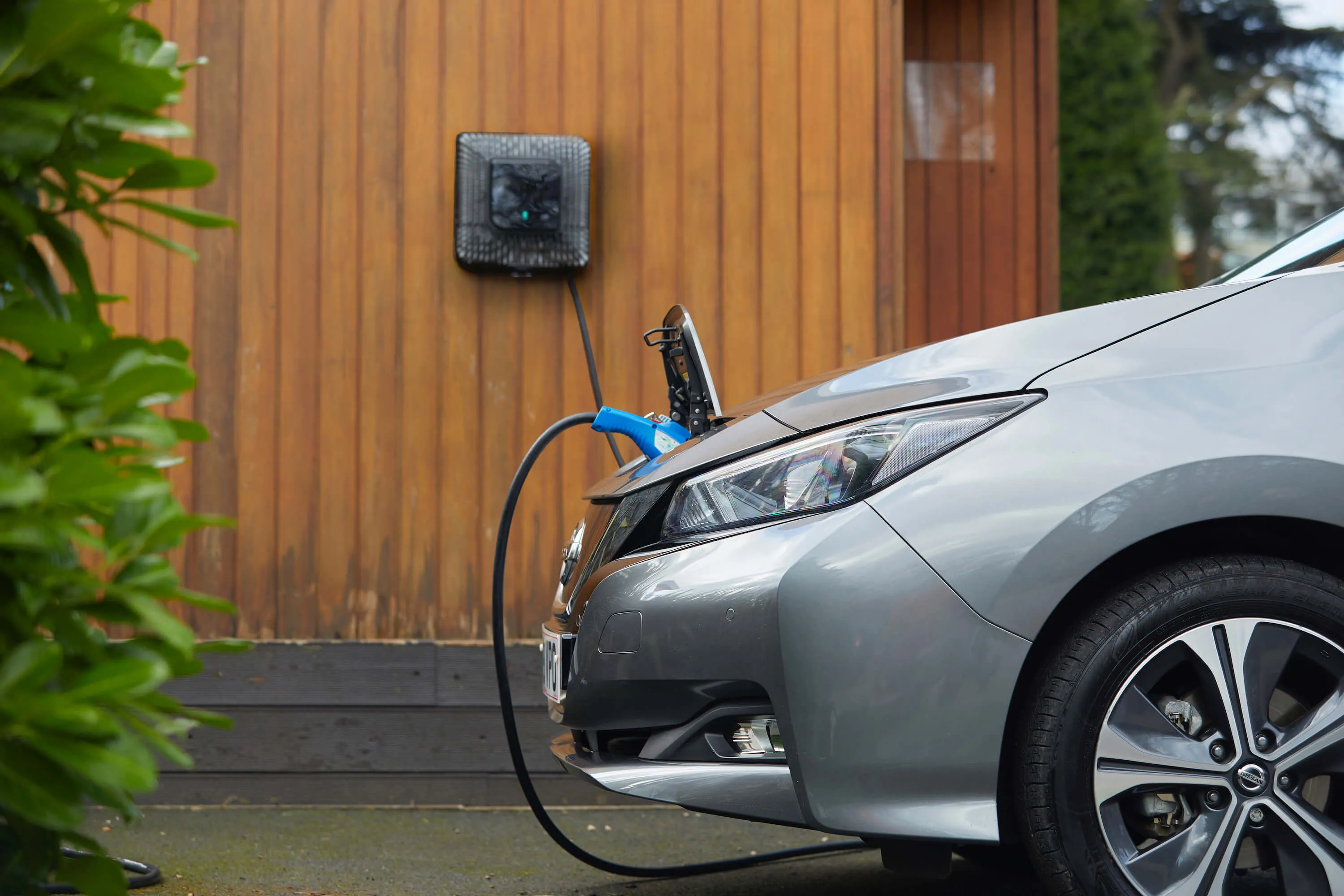From the beginning of June, four of
The new buses are part of Differdange's sustainability drive, with public transport forming a crucial focus area. The new buses are used on four routes and each bus is driven for approximately 25 minutes, then its batteries are fast-charged in three to six minutes at the end stations using an open interface known as OppCharge (opportunity charging). The charging stations were supplied by Heliox.
The 12m long Volvo 7900 all-electric bus can carry up to 85 passengers and is equipped with an electric motor and lithium-ion batteries. According to Volvo, the buses have 80 per cent lower energy consumption than a comparable diesel bus and are silent and emission-free.
OppCharge opportunity charging is compatible with other brands and models of electric buses. The chargers offer charging power of 150, 300, 450 or 600 kW, while the buses’ on-board pantographs connect automatically to an overhead charging mast.
Volvo's electric buses begin operation in Luxemburg
From the beginning of June, four of Volvo’s all-electric 7900 buses have been in operation in Differdange, Luxembourg, operated by Sales-Lentz, which also has 12 electric hybrids and 30 hybrids from Volvo in its fleet.
June 13, 2017
Read time: 1 min










